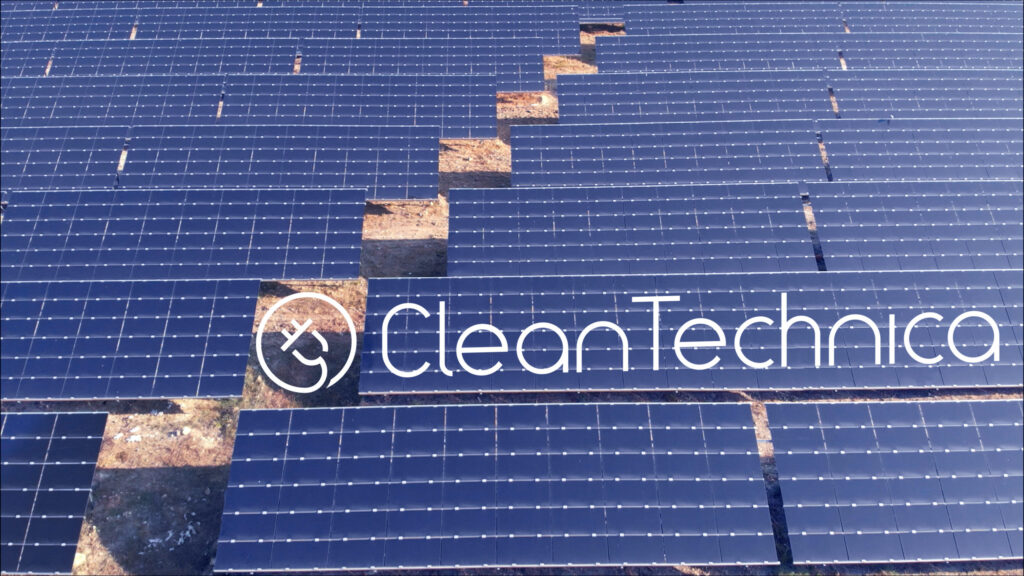Revolutionizing Energy Storage: Advancements in Lithium-Ion Battery Technology
The quest for efficient and sustainable energy storage solutions has led to significant breakthroughs in lithium-ion battery technology. With the global energy storage market projected to reach 128 GWh by 2025, innovators are racing to develop more efficient, cost-effective, and environmentally friendly batteries.
Improving Energy Density
Researchers have made substantial progress in increasing energy density, a critical factor in determining a battery’s overall performance. Recent advancements have led to the development of new cathode materials, such as lithium-rich nickel-manganese-cobalt-oxide (NMC), which boast higher energy density and longer cycle life. This technology has the potential to significantly reduce the size and weight of energy storage systems, making them more practical for widespread adoption.
Advances in Solid-State Electrolytes
Another significant development is the introduction of solid-state electrolytes, which replace the traditional liquid electrolyte with a solid material. This innovation promises to enhance safety, increase energy density, and reduce charging times. Companies like Fisker Inc. and Factorial Energy are already working on commercializing solid-state battery technology, which could revolutionize the electric vehicle industry.
Cost Reduction Strategies
As the demand for energy storage solutions continues to grow, manufacturers are focusing on reducing production costs. One approach is the use of recycled materials, which can significantly decrease the cost of raw materials. Additionally, advancements in manufacturing processes, such as the development of automated production lines, are helping to streamline the production process and reduce waste.
Grid-Scale Energy Storage
The increasing adoption of renewable energy sources has created a pressing need for grid-scale energy storage solutions. Lithium-ion batteries are well-suited for this application, as they can store excess energy generated by solar panels or wind turbines and release it when needed. This technology has the potential to stabilize the grid, reduce peak demand, and enable a more efficient energy distribution system.
Challenges and Opportunities
While lithium-ion battery technology has made significant strides, there are still challenges to overcome. The extraction of lithium, a key component in battery production, can have environmental and social implications. As the industry continues to grow, it is essential to prioritize sustainable sourcing and responsible mining practices.
Future Outlook
As the energy storage market continues to evolve, we can expect to see further innovations in lithium-ion battery technology. With the potential to reduce greenhouse gas emissions, increase energy efficiency, and enhance grid resilience, the future of energy storage looks bright. As the industry continues to push the boundaries of what is possible, we can expect to see even more exciting developments in the years to come.



_3.png?w=150&resize=150,150&ssl=1)
.png?w=150&resize=150,150&ssl=1)

.png?w=150&resize=150,150&ssl=1)
